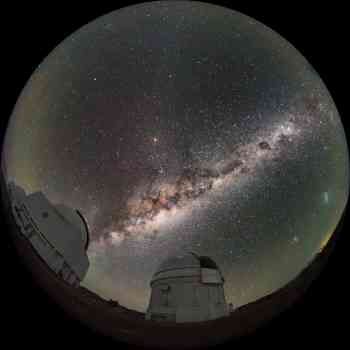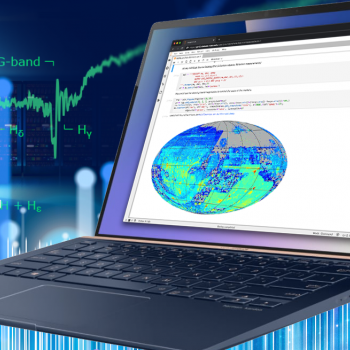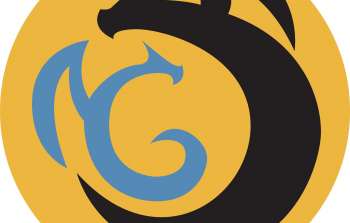Our free public visits to our sites are now open.
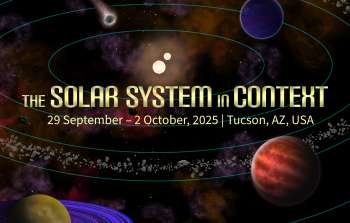
The Solar System in Context
24 June 2025
We are happy to announce that both abstract submission and registration are open for the 2025 NOIRLab Science Conference: The Solar System in Context, taking place 29 September–2 October in Tucson, Arizona. This is the third in the regular series of…
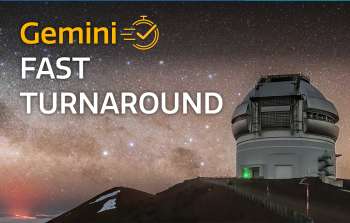
Gemini Fast Turnaround: June 2025
2 June 2025
We are pleased to announce the monthly Call for Proposals for the Gemini Fast Turnaround (FT) Program. The upcoming deadline is noon HST on 30 June 2025. We are accepting proposals for both Gemini North and Gemini South. Observations will be active in the…
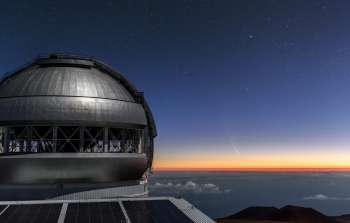
The User Committee for Gemini — Call for Community Input!
2 June 2025
The Users’ Committee for Gemini Observatory (UCG) is a group of volunteers representing each of the International Gemini Observatory partner nations. It consists of a Chair and (at least) one representative from each of the partners. The UCG normally meets…
NSF NOIRLab (formally named the National Optical-Infrared Astronomy Research Laboratory) is the national center for nighttime astronomy. For the first time, all of the nighttime optical/infrared observatories funded by NSF are unified into a single organization. The integration of the Mid-scale Observatories (MSO - Cerro Tololo Inter-American Observatory, CTIO, Kitt Peak National Observatory, KPNO) the Community Science & Data Center (CSDC), the Gemini Observatory, and the Vera C. Rubin Observatory creates a powerful capability for discovery, technology development, STEM workforce growth, and education. NOIRLab empowers astronomers to tackle the most pressing questions in astrophysics today and opens up new discovery space for the future.





